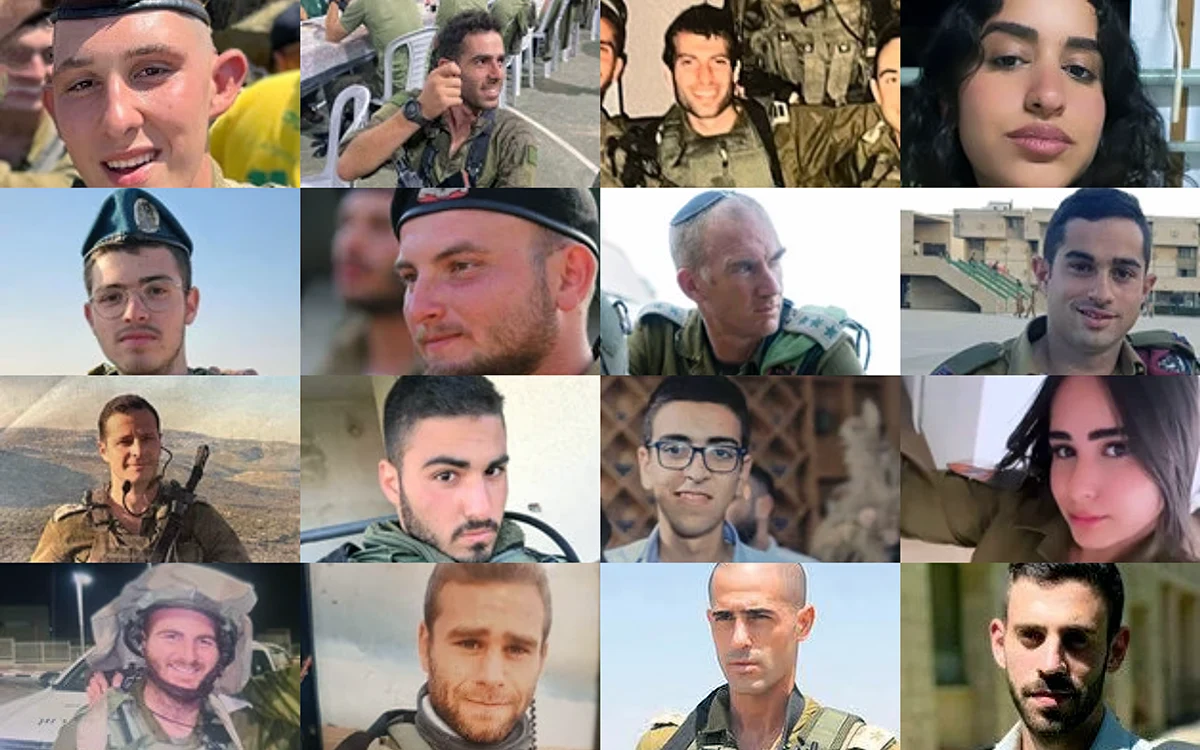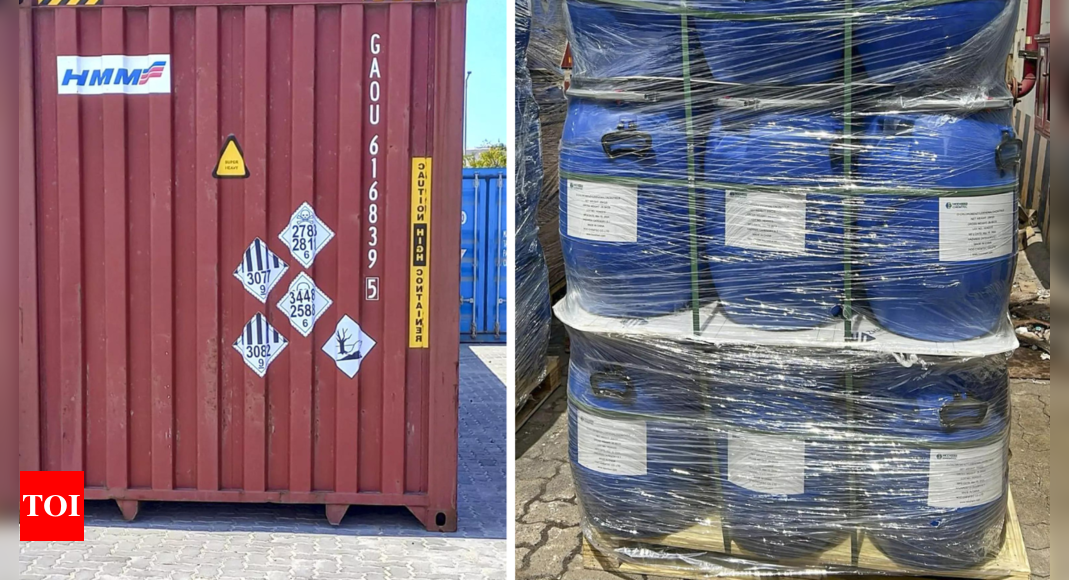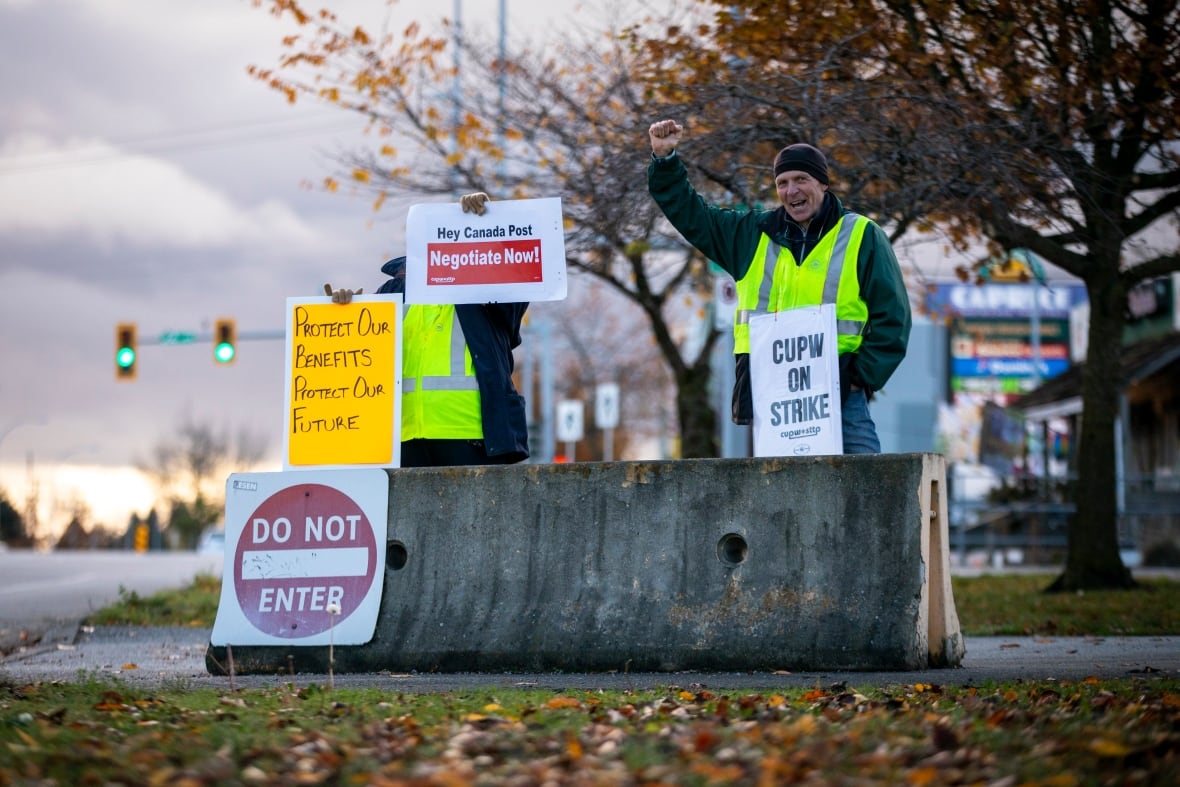Stories Of Survival: IDF Soldiers Captive In Gaza

Table of Contents
The harsh realities of armed conflict often remain unseen, obscured by headlines and political narratives. One particularly poignant aspect is the ordeal faced by IDF soldiers captured in Gaza. These brave individuals endure unimaginable hardship, exhibiting remarkable resilience in the face of extreme adversity. Understanding their stories—stories of survival against overwhelming odds—is crucial to comprehending the human cost of conflict and the enduring strength of the human spirit. The rarity of detailed accounts makes understanding these experiences all the more vital.
H2: The Reality of Captivity: Harsh Conditions and Psychological Trauma
Keywords: Gaza captivity conditions, psychological impact captivity, IDF prisoner treatment, trauma captivity Gaza.
Captivity in Gaza presents a brutal reality for IDF soldiers. The physical conditions are often deplorable, characterized by:
- Limited Resources: Severe shortages of food, clean water, and sanitation create an environment ripe for disease and malnutrition. Access to basic necessities is consistently precarious.
- Inadequate Medical Care: The lack of proper medical attention leaves injuries untreated and illnesses unmanaged, exacerbating the already perilous circumstances. Even minor wounds can become life-threatening.
- Brutal Treatment: Accounts (where ethically sourced and publicly available) suggest instances of mistreatment, adding to the psychological and physical suffering of the captives. The exact nature of treatment varies greatly depending on the circumstances.
Beyond the physical hardships, the psychological impact of captivity is profound and long-lasting. The prolonged isolation, constant fear for one's life, and the uncertainty surrounding their fate contribute to significant mental health challenges.
- Trauma and PTSD: The experiences of captivity frequently lead to Post-Traumatic Stress Disorder (PTSD), characterized by flashbacks, nightmares, anxiety, and depression. The lasting effects on mental wellbeing can be devastating.
- Psychological Manipulation: Captivity often involves various forms of psychological manipulation designed to break down the individual's will and resistance.
- Moral Dilemmas: The captive soldier may face impossible choices, forcing them to confront moral dilemmas with lasting consequences.
The prolonged nature of captivity often intensifies these effects, resulting in chronic mental health issues requiring extensive and specialized treatment.
H2: Escape Attempts and Acts of Resistance
Keywords: IDF soldier escape attempts Gaza, resistance captivity Gaza, bravery IDF captives, survival strategies Gaza.
Despite the overwhelming odds, instances of escape attempts and acts of resistance demonstrate the remarkable courage and resourcefulness of IDF soldiers held captive in Gaza.
- Ingenious Escape Plans: Soldiers have demonstrated incredible ingenuity in devising and executing escape plans, often utilizing minimal resources and exploiting vulnerabilities in their confinement.
- Covert Acts of Defiance: Even without successful escapes, acts of subtle resistance, such as maintaining morale among fellow captives or preserving their sense of identity, showcase their unwavering spirit.
- Maintaining Hope: The ability to retain hope and a belief in eventual freedom is often crucial in surviving the ordeal of captivity.
- Examples of Bravery (where ethically sourced and publicly available): Specific documented accounts (when available and ethically appropriate) highlight the exceptional bravery and resilience of individuals. These accounts must be shared sensitively and with respect for the privacy of those involved.
While success rates for escape attempts vary greatly, the very act of attempting an escape, regardless of the outcome, highlights the unwavering determination to survive and return home.
H2: The Role of International Humanitarian Law and Prisoner Treatment
Keywords: Geneva Conventions Gaza, prisoner rights Gaza, international law IDF captives, humanitarian intervention Gaza.
The treatment of prisoners of war is governed by international humanitarian law, primarily the Geneva Conventions. These conventions establish clear guidelines for the humane treatment of captives, including provisions for adequate food, water, medical care, and protection from torture.
However, the extent to which these laws are upheld in the context of IDF soldiers captured in Gaza remains a subject of ongoing debate and concern. Allegations of violations of the Geneva Conventions require thorough investigation and accountability.
- Monitoring and Enforcement: International organizations play a critical role in monitoring the situation and advocating for the adherence to international humanitarian law. Their investigations and reports provide crucial insights into the conditions of captivity.
- Accountability for Violations: Holding those responsible for breaches of international humanitarian law accountable is essential for preventing future violations and ensuring justice for victims.
- The Role of International Pressure: International pressure and diplomatic efforts can play a significant role in securing the humane treatment of prisoners and facilitating their release.
H2: The Long Road to Recovery: Reintegration and Support Systems
Keywords: PTSD IDF soldiers, rehabilitation IDF captives, mental health support soldiers, reintegration society soldiers.
The return to civilian life after captivity is far from straightforward. IDF soldiers often face significant physical and psychological challenges:
- Physical Rehabilitation: Physical injuries sustained during captivity or escape attempts often require extensive medical care and rehabilitation.
- Psychological Trauma: The pervasive psychological impact of captivity, including PTSD and other trauma-related conditions, necessitates long-term mental health support.
- Social Reintegration: Adapting to civilian life after experiencing such extreme trauma can be daunting, requiring support from family, friends, and professional counselors.
Israel provides various support systems to aid in the soldiers' recovery and reintegration:
- Specialized Medical Care: Access to comprehensive medical care, including physical therapy and psychological counseling, is crucial for long-term recovery.
- Support Groups and Counseling: Support groups and individual counseling provide a crucial outlet for soldiers to share their experiences, process their trauma, and develop coping mechanisms.
- Vocational Rehabilitation: Assistance with vocational training and job placement helps ensure economic independence and stability.
Organizations dedicated to assisting veterans and those suffering from PTSD offer a wide array of services, further underscoring the commitment to ensuring long-term support for these brave individuals.
Conclusion:
The stories of IDF soldiers captive in Gaza are testaments to incredible resilience, courage, and the enduring human spirit. Their experiences highlight the devastating human cost of conflict and the urgent need to uphold international humanitarian law. Understanding their ordeals—the harsh conditions, the escape attempts, the long road to recovery—is essential for fostering empathy, promoting accountability, and ensuring that the sacrifices made by these soldiers are not forgotten. Continue learning about the stories of survival and the resilience of IDF soldiers captured in Gaza. Share this article to raise awareness and promote understanding.

Featured Posts
-
 Top 10 Tv And Streaming Recommendations For Thursday Evening
May 26, 2025
Top 10 Tv And Streaming Recommendations For Thursday Evening
May 26, 2025 -
 Deti Naomi Kempbell Vneshnost I Zhizn Vne Vnimaniya Paparatstsi
May 26, 2025
Deti Naomi Kempbell Vneshnost I Zhizn Vne Vnimaniya Paparatstsi
May 26, 2025 -
 Legal Implications Of Selling Banned Chemicals On E Bay Section 230 Scrutinized
May 26, 2025
Legal Implications Of Selling Banned Chemicals On E Bay Section 230 Scrutinized
May 26, 2025 -
 The Looming Canada Post Strike A Customer Exodus
May 26, 2025
The Looming Canada Post Strike A Customer Exodus
May 26, 2025 -
 La Lutte Contre L Iptv Les Strategies De La Rtbf Et Rtl Belgium
May 26, 2025
La Lutte Contre L Iptv Les Strategies De La Rtbf Et Rtl Belgium
May 26, 2025
